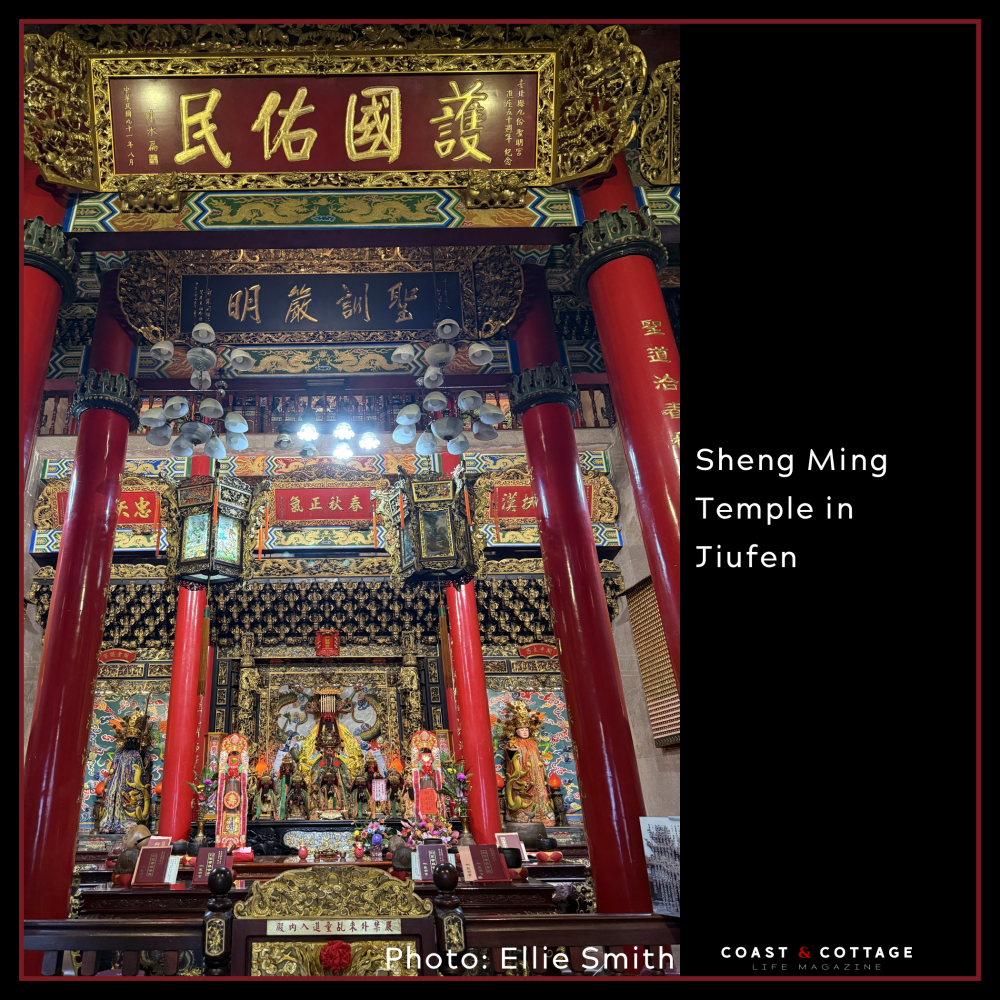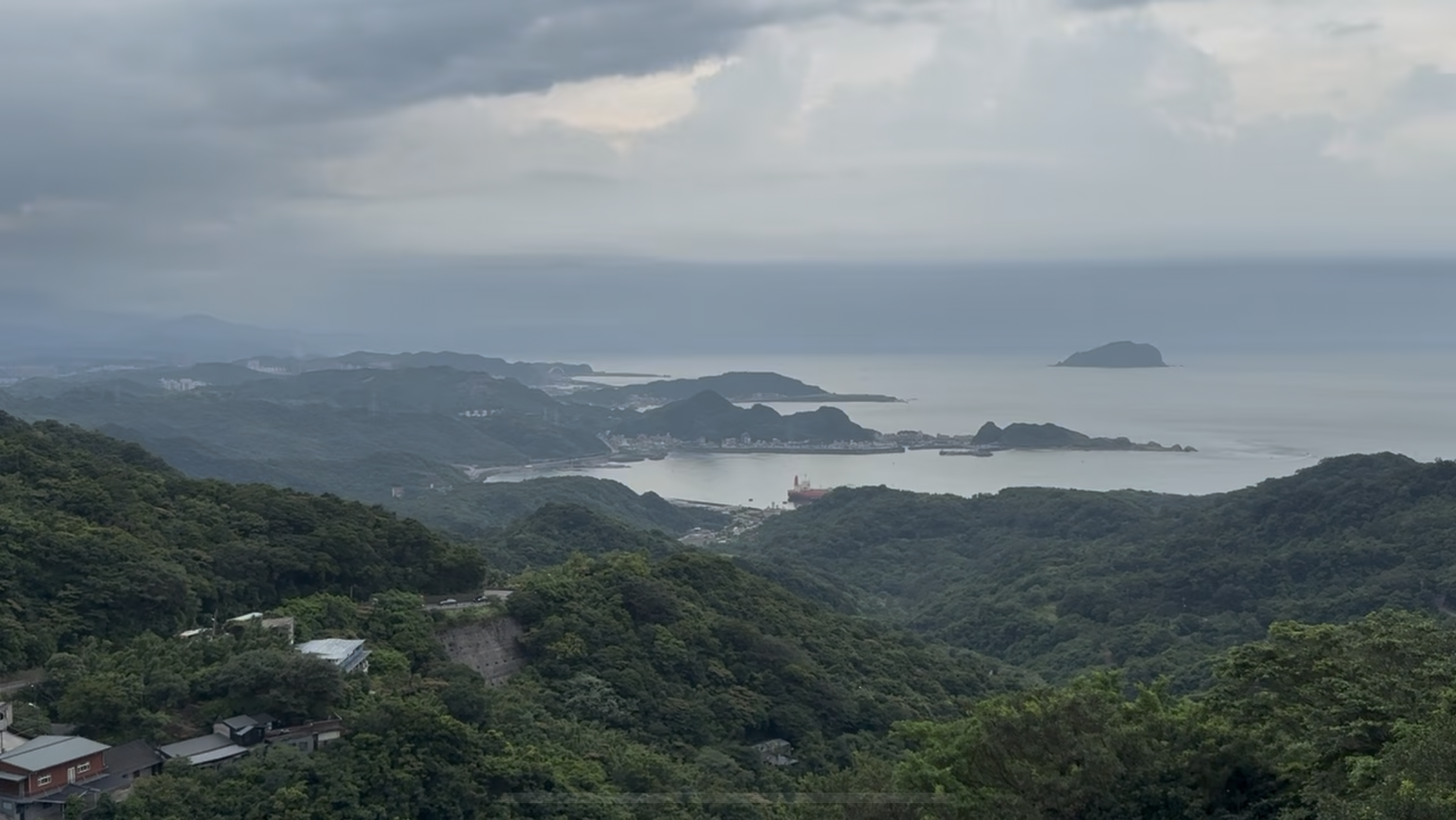
Taiwan
Taiwan 2025
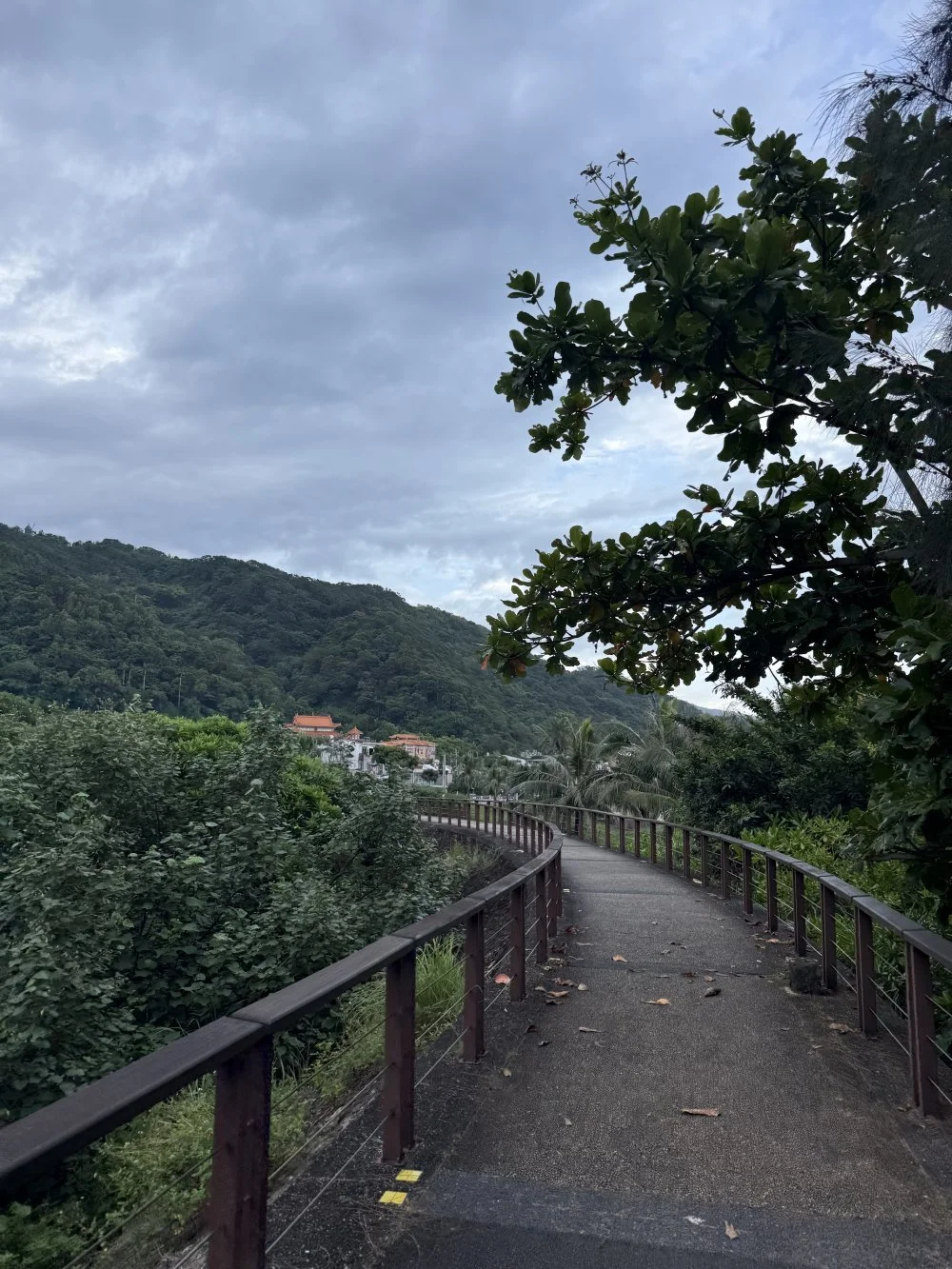
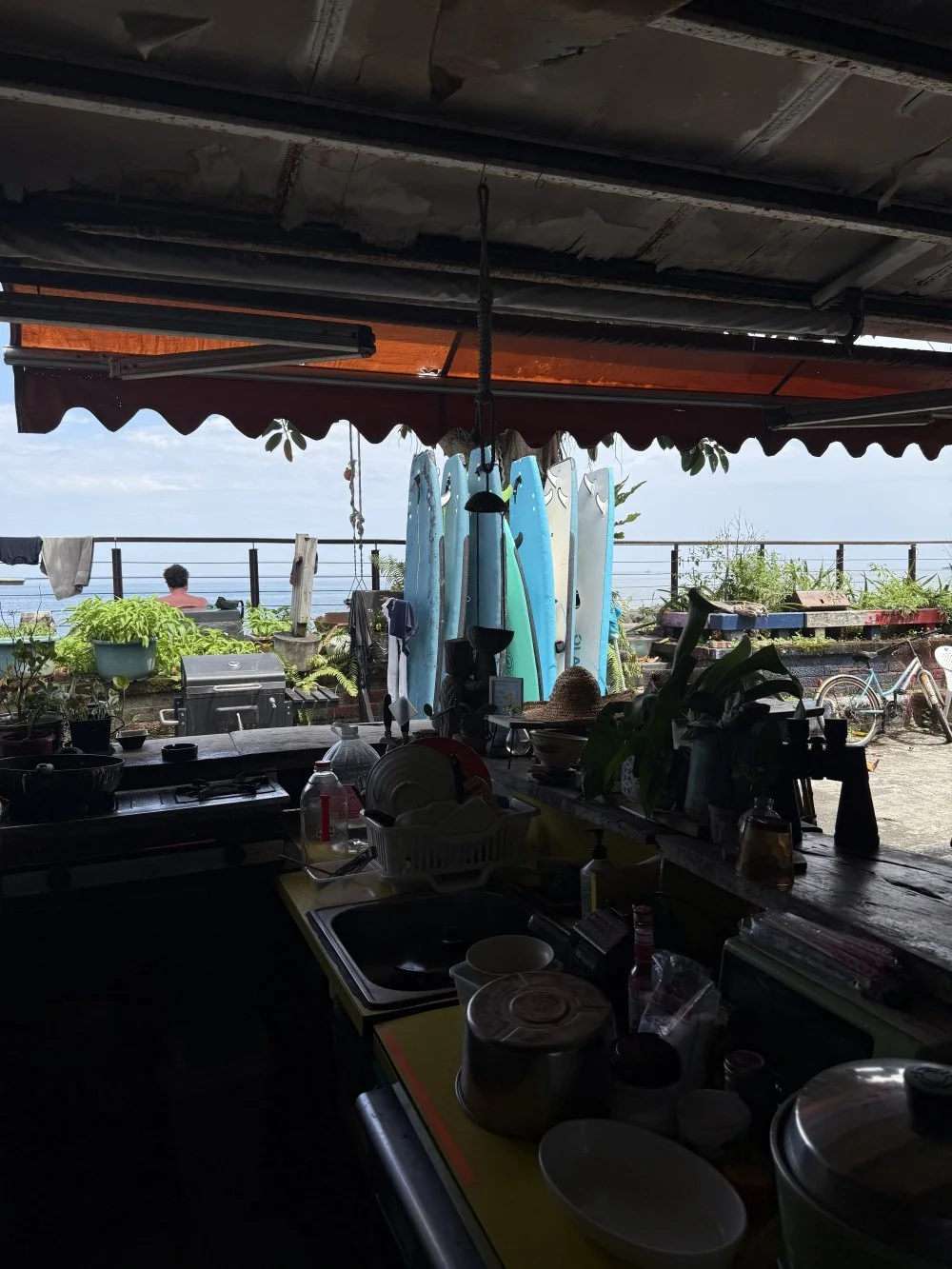
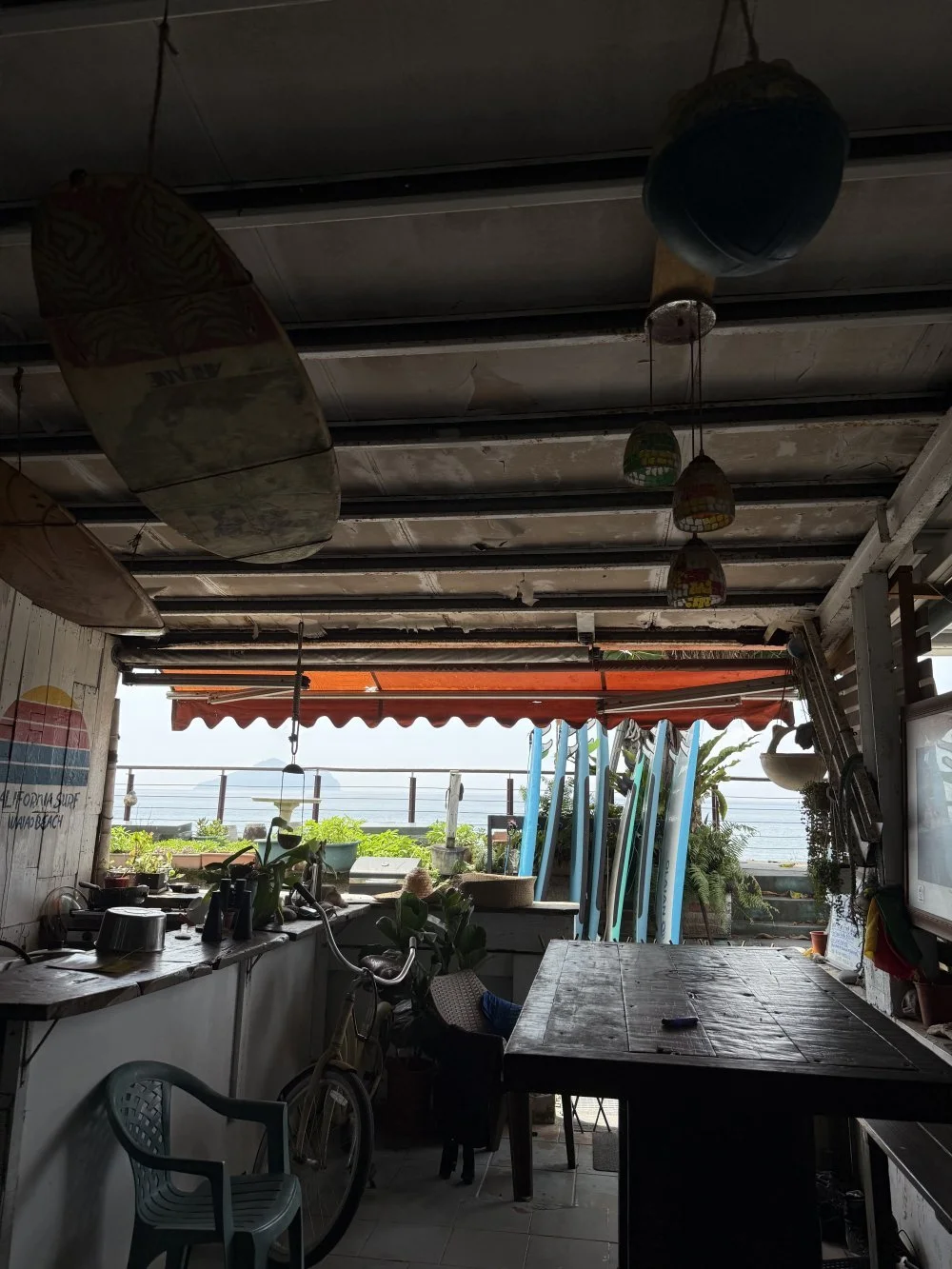


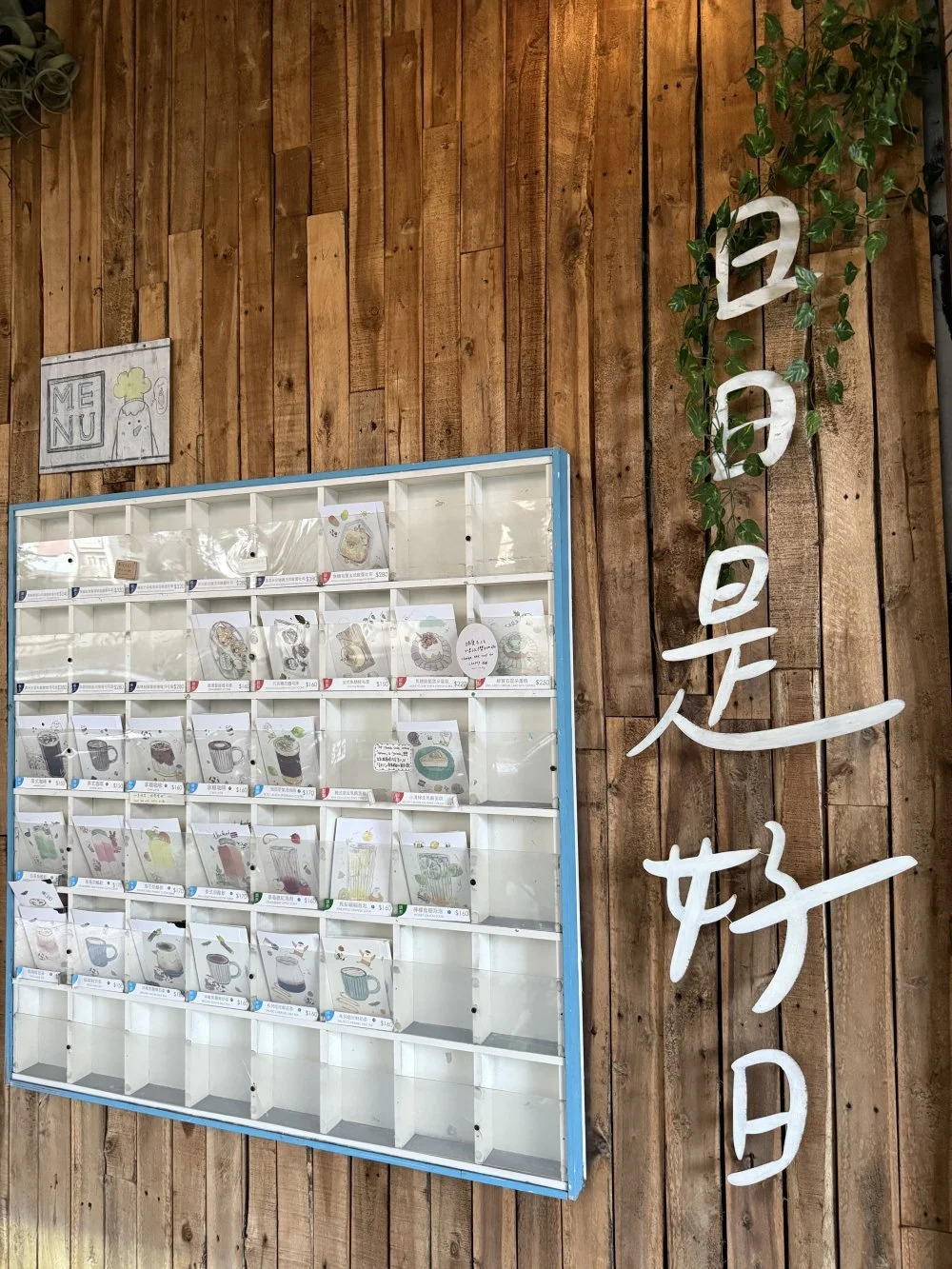



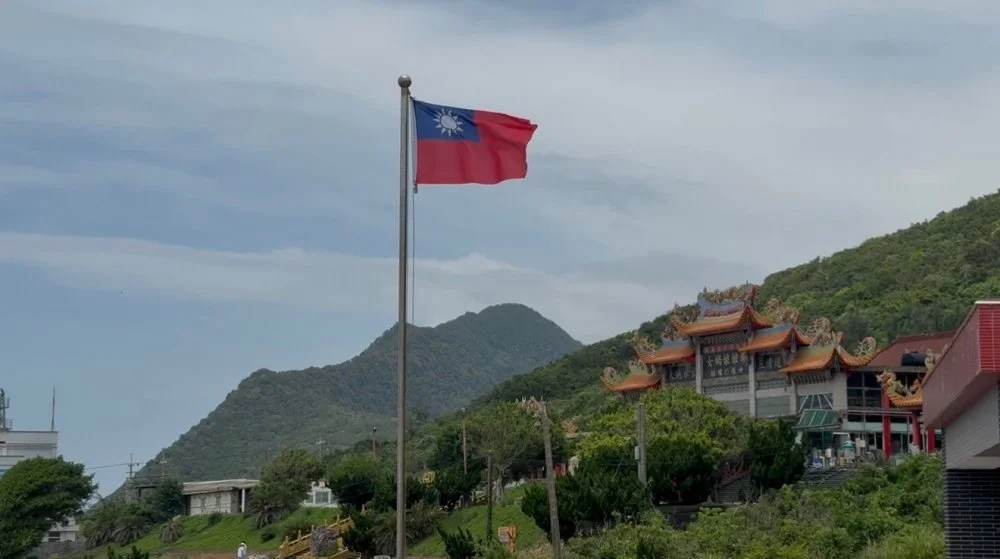
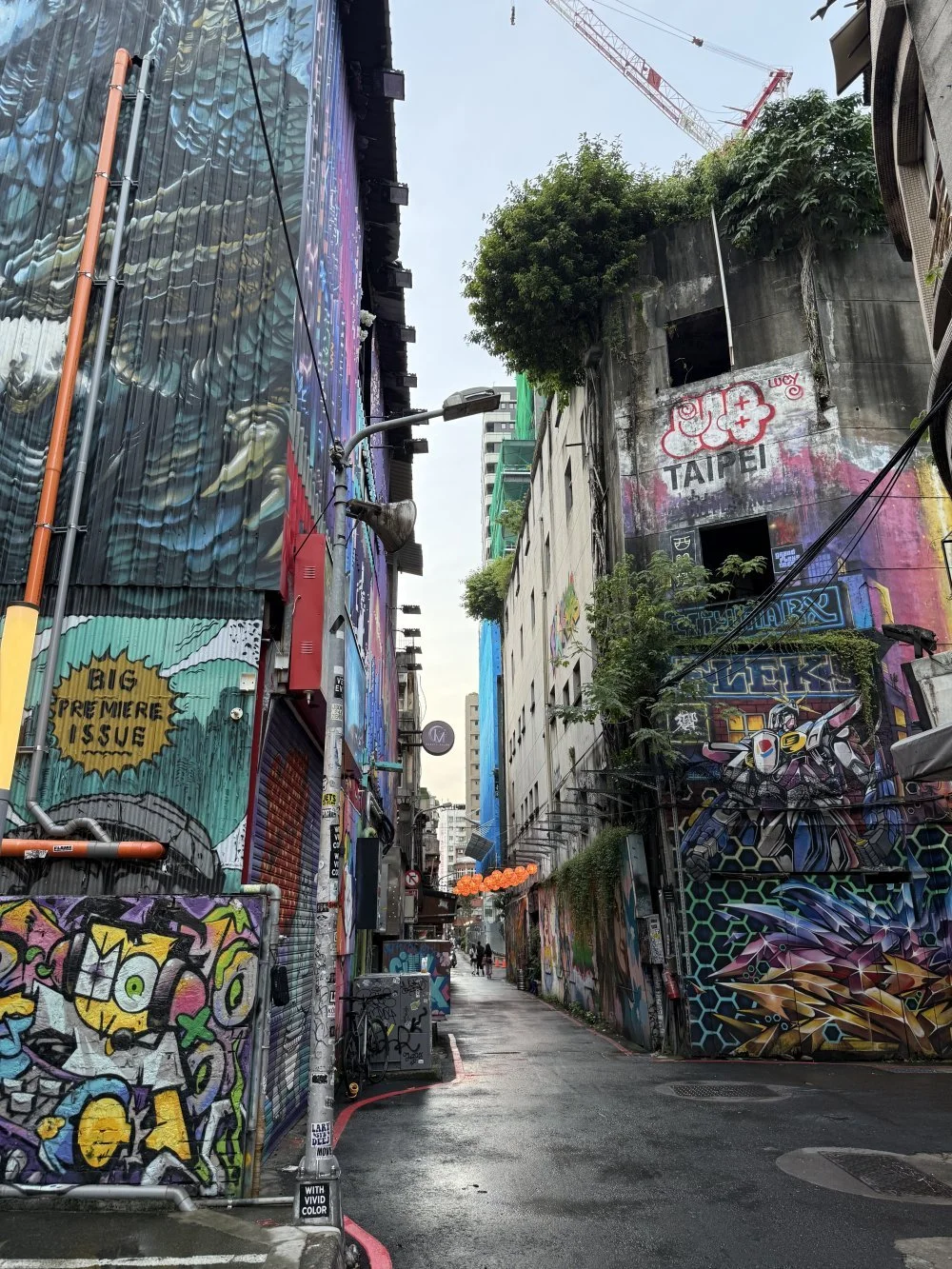

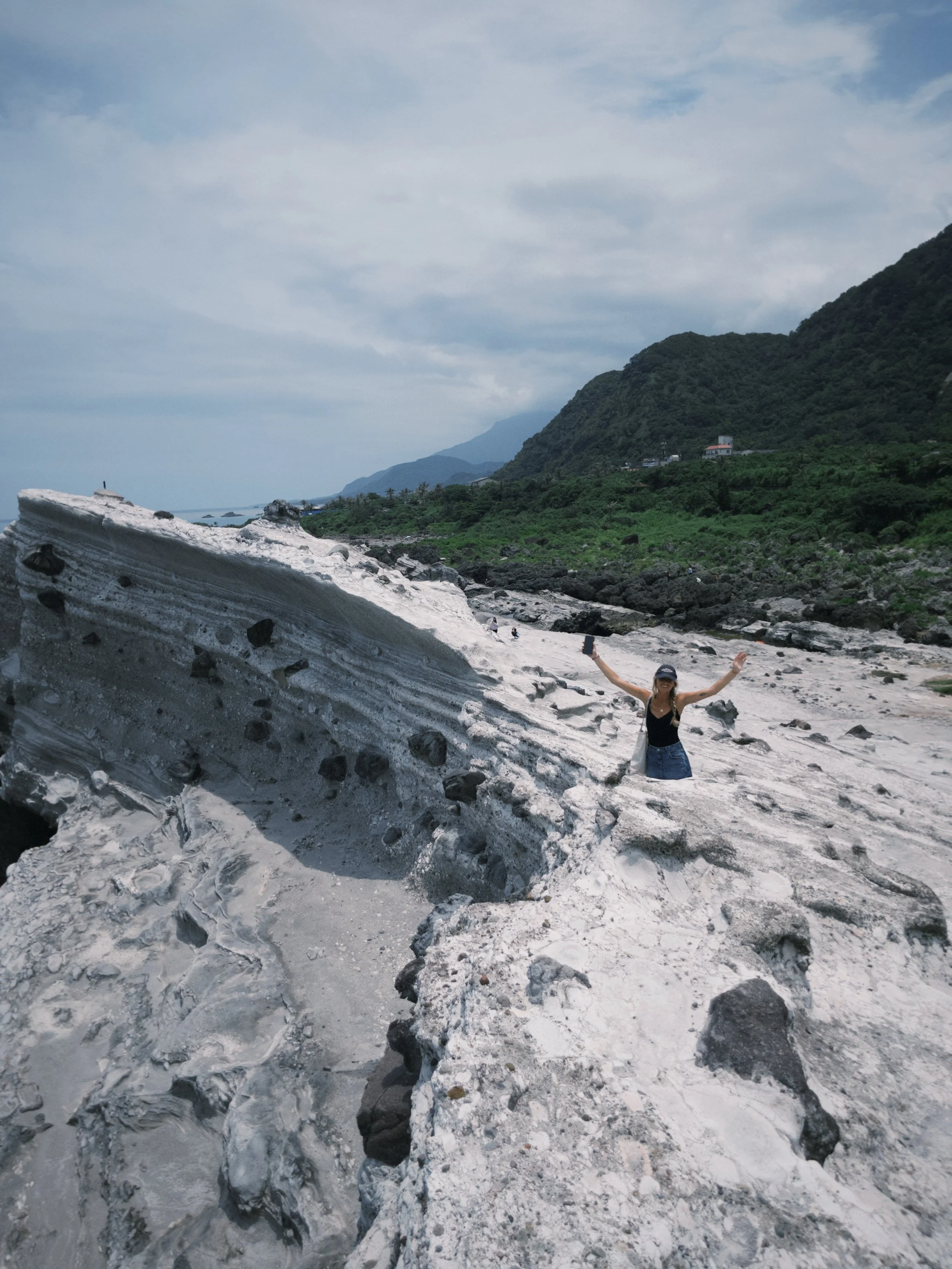

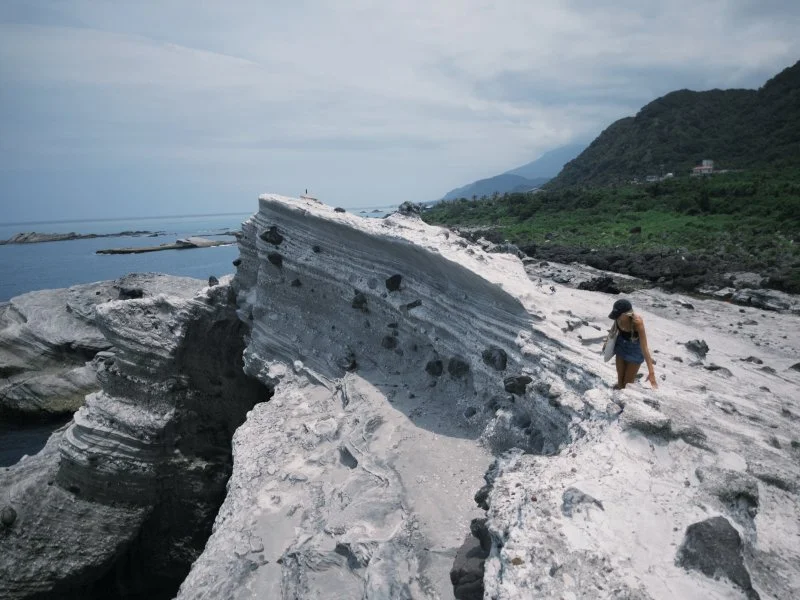

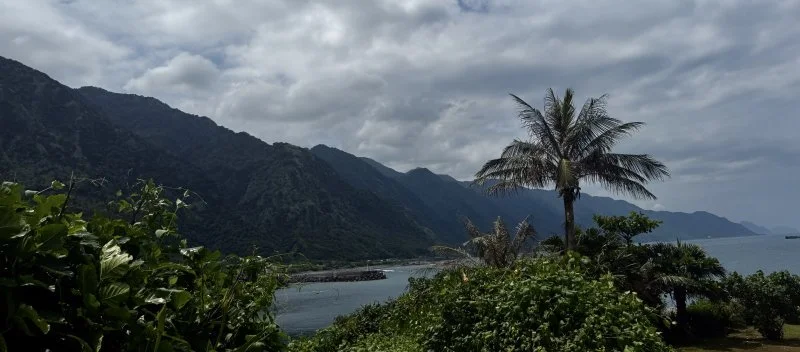
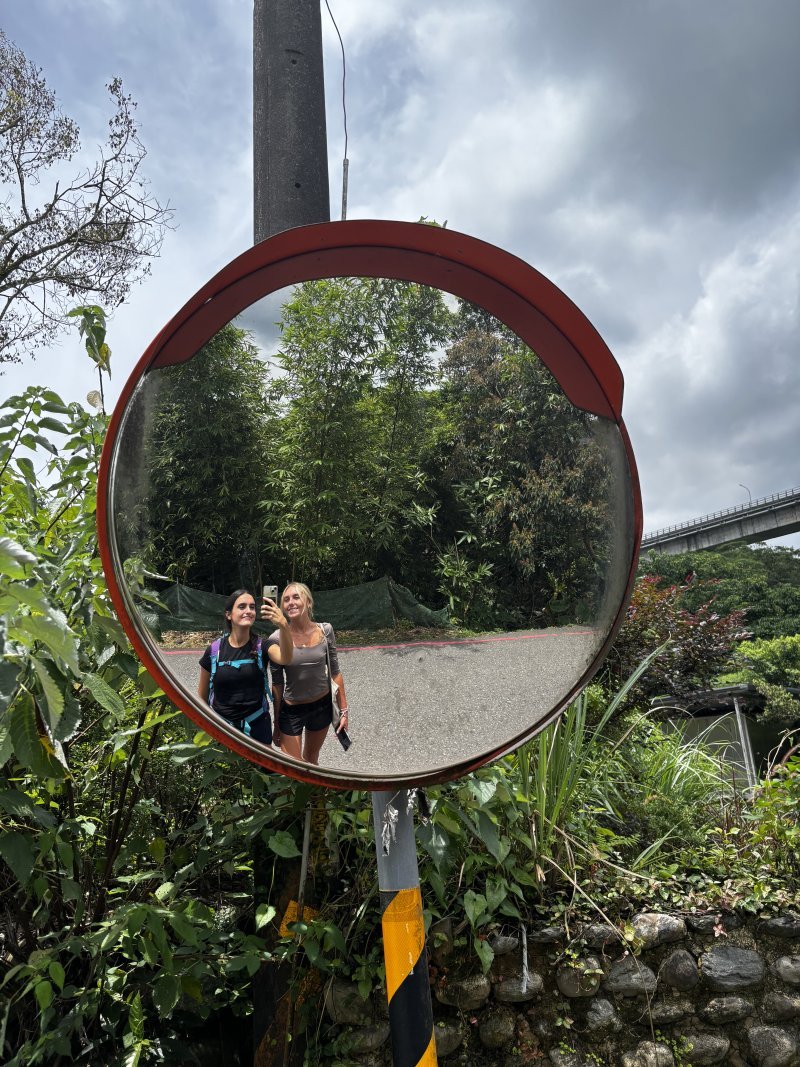
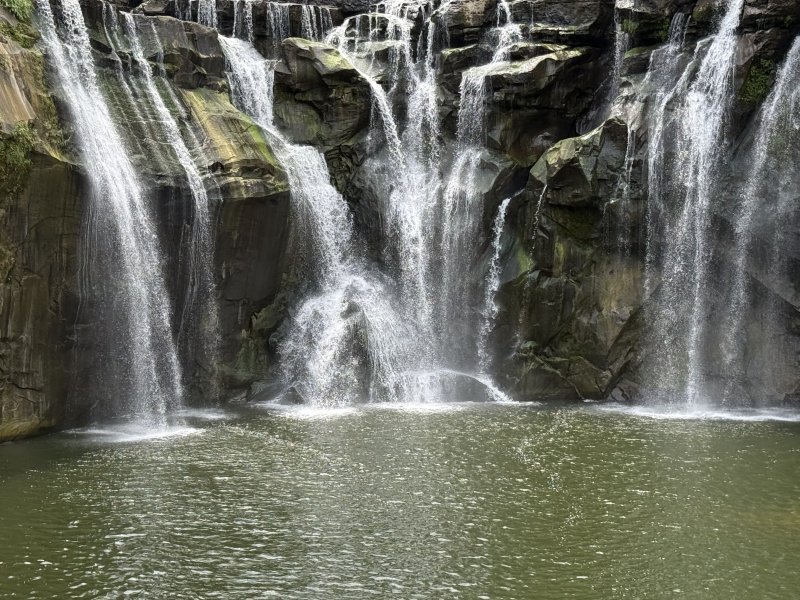



Wai'ao Beach (外澳沙灘) is a scenic black sand beach located in Toucheng Township, Yilan County, on Taiwan's northeastern coast. It has become a popular destination for both locals and tourists seeking outdoor activities and relaxation.
Activities at Wai'ao Beach
Surfing: Wai'ao is renowned for its surf-friendly waves, making it an ideal spot for both beginners and experienced surfers. Several surf schools and rental shops are available, offering lessons and equipment. The southern section of the beach, near Wushi Harbor, is particularly favored for surfing.
Paragliding: For adventure enthusiasts, paragliding offers breathtaking aerial views of the coastline and Turtle Island. Operators like Wai'Ao Paragliding provide tandem flights for visitors.
Turtle Island Boat Trips: Boat tours to Turtle Island allow visitors to explore the island's unique geological features and enjoy the surrounding marine life.
Beach Relaxation: The beach is equipped with amenities such as umbrellas and chairs for rent, making it a comfortable spot to relax and enjoy the ocean breeze.
Scenic Views and Attractions
Turtle Island: Visible from the beach, Turtle Island is a volcanic island known for its unique shape and rich biodiversity.
Wushi Harbor: Located to the north of Wai'ao, Wushi Harbor is a historic fishing port that adds to the area's charm.
Getting There
By Train: Wai'ao Railway Station is located in Toucheng Township, providing convenient access to the beach.
By Car: From Taipei, take National Highway 5 east to Yilan, then turn north to Toucheng. Free parking is available near the community development center, just a short walk from the beach.
Accommodations and Dining
The area around Wai'ao Beach offers a variety of accommodations, including surf hostels, B&Bs, and cafes. Visitors can enjoy local seafood and other Taiwanese delicacies at nearby restaurants.
Best Time to Visit
The most popular time to visit Wai'ao Beach is during the summer months (June to August), when the weather is warm and the waves are consistent. However, spring and autumn also offer pleasant weather and fewer crowds, making them ideal for a more relaxed experience.
Whether you're looking to surf, relax, or explore the natural beauty of Taiwan's northeast coast, Wai'ao Beach offers a memorable experience.
Jiufen (also spelled Jioufen or Chiufen) is a picturesque mountain village tucked into the hills of northeastern Taiwan, in the Ruifang District of New Taipei City. Once a quiet settlement of just nine families—hence the name, which means "nine portions"—Jiufen transformed dramatically during a gold rush in the late 19th century, especially under Japanese colonial rule. Today, it’s one of Taiwan’s most beloved travel destinations, known for its nostalgic charm, scenic views, and rich cultural history.
The heart of Jiufen is its Old Street, a winding, narrow passageway bursting with life. Lantern-lined alleys lead visitors past tea houses, snack stalls, and souvenir shops, all set against a dramatic coastal backdrop. The A-Mei Teahouse, perhaps the most photographed spot in town, offers sweeping views of the Pacific and an immersive Taiwanese tea experience. The village’s old architecture, many buildings dating back to the Japanese era, gives Jiufen a timeless, cinematic quality—famous for resembling the world of Spirited Away, although the film was not directly modeled after it.
Jiufen’s cultural identity is deeply rooted in its mining past. Visitors can explore the town’s gold rush legacy at the Jiufen Gold Ore Museum or catch a performance or exhibit at the historic Shengping Theater. Outside the village, nearby hikes like Teapot Mountain and Keelung Mountain offer stunning panoramic views of the coast and surrounding peaks. Further down the mountain, natural attractions like the Golden Waterfall and the colorful Yin-Yang Sea add to Jiufen’s unique sense of place.
Food is also a major draw in Jiufen. Local street vendors serve Taiwanese classics like taro ball desserts, peanut ice cream rolls, stinky tofu, sausage skewers, and fish-ball soup. These traditional flavors, combined with the lively atmosphere of the old streets, make Jiufen a paradise for food lovers and photographers alike.
Easily accessible from Taipei, Jiufen is about an hour’s drive or train-and-bus combo away, often visited as a day trip. However, staying overnight allows travelers to experience the village after dark, when the lanterns glow and crowds thin out, creating a quieter, more atmospheric experience. The steep terrain means lots of stairs, so comfortable shoes and light luggage are recommended.
Jiufen offers a poetic blend of nostalgia, nature, and culture. Whether you're sipping tea above the clouds, strolling through lantern-lit alleyways, or simply savoring a handmade snack with a sea view, Jiufen promises an unforgettable experience in the heart of Taiwan.

